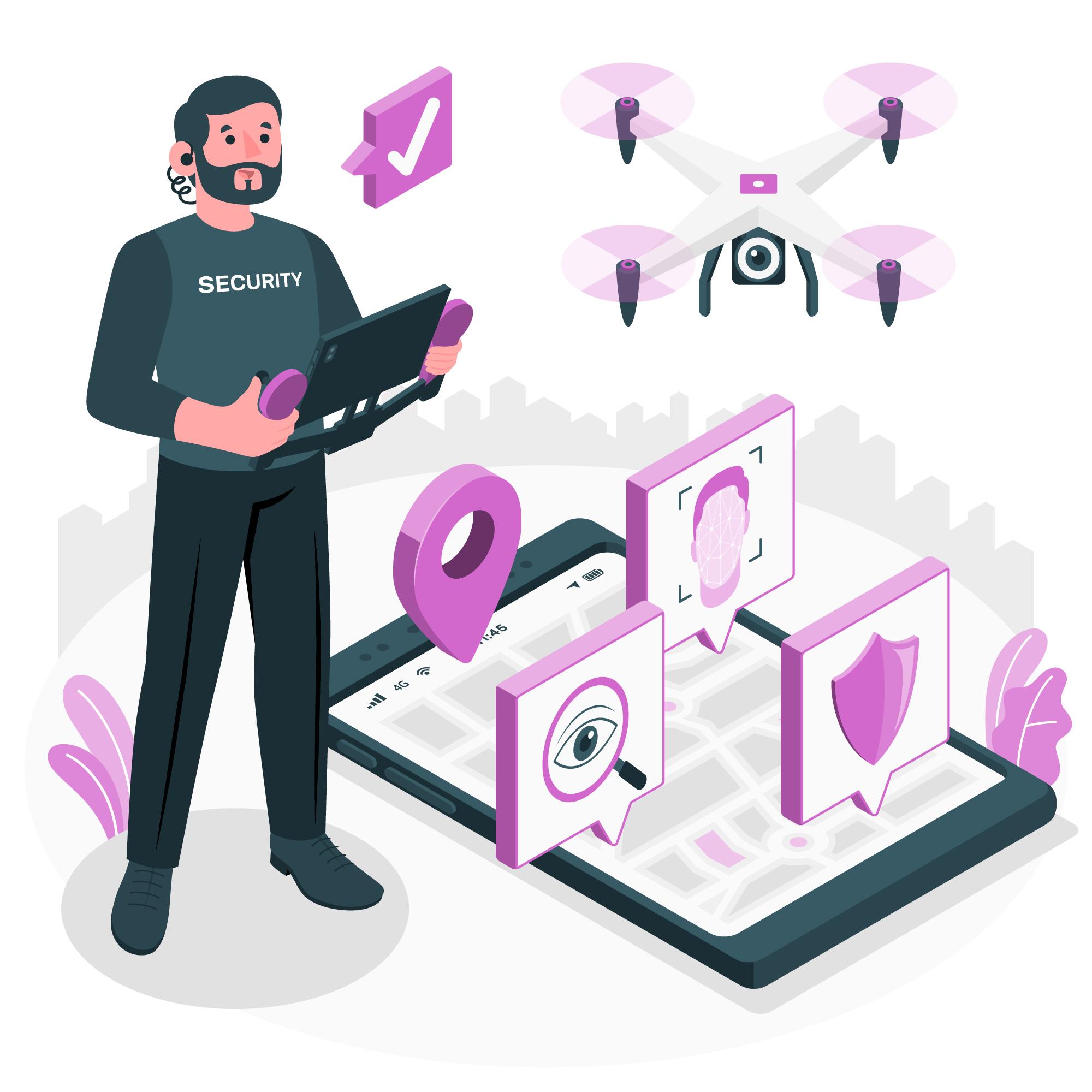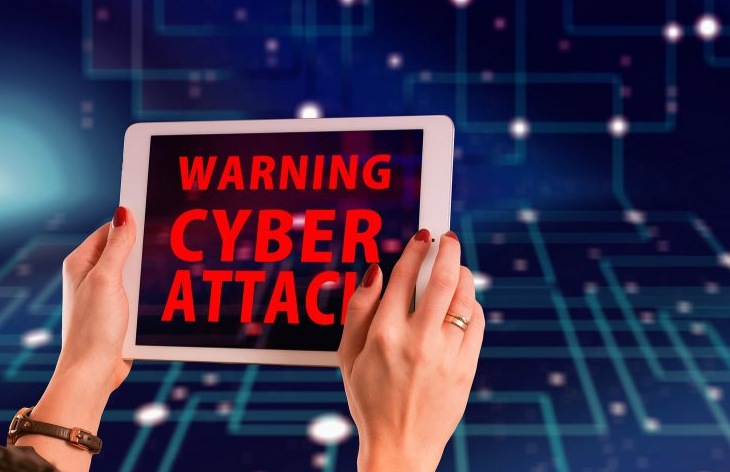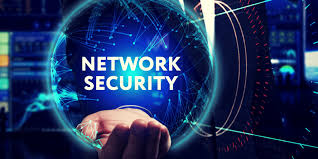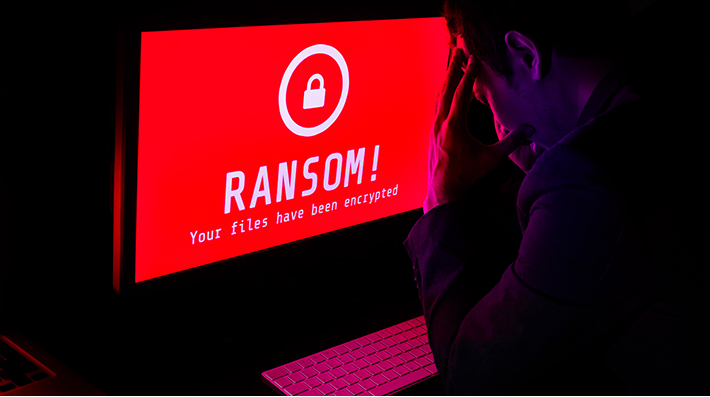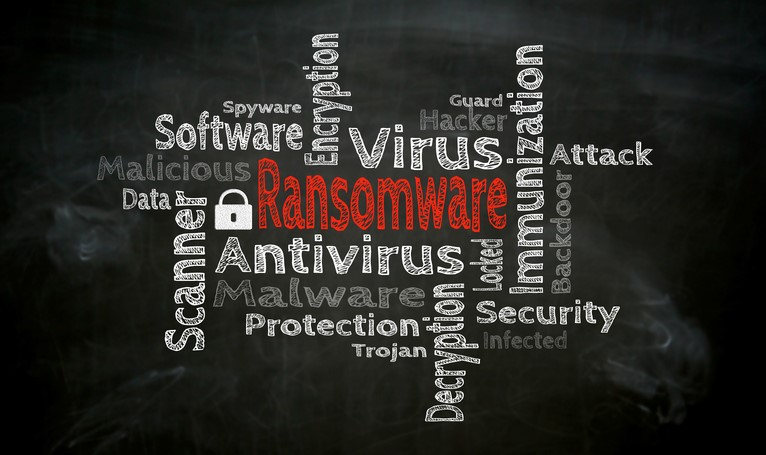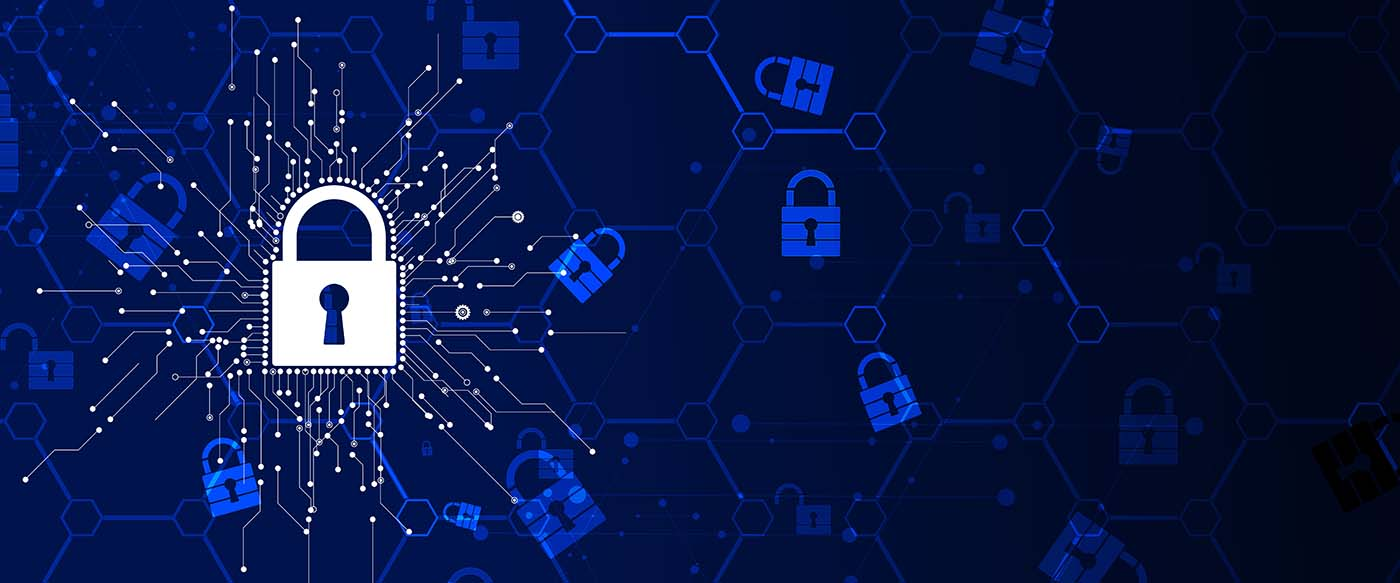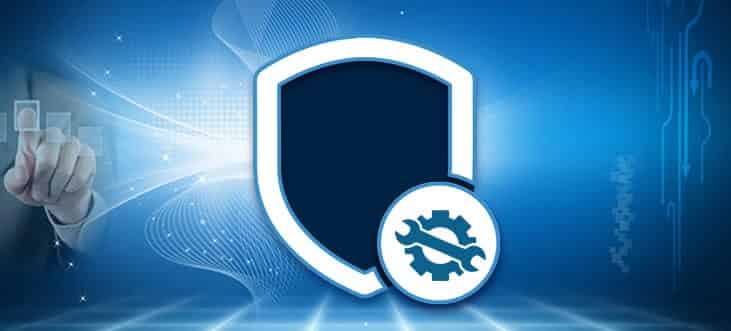Facing System Breaches? Scan Now With Antivirus Endpoint Protection Software
Updated on March 25, 2024, by Xcitium
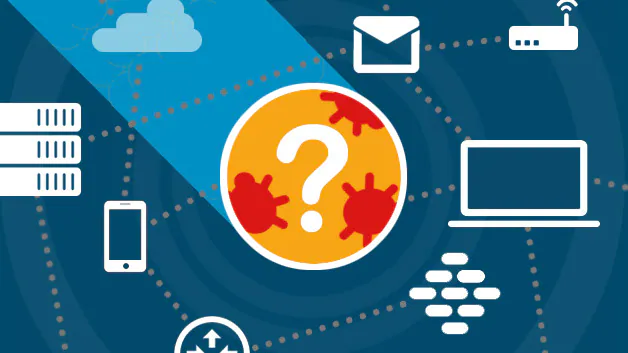
Our digital exploration can resemble our personal everyday life. Likewise, how we become careful to secure our household from outer danger. In this digital world that is quite vulnerable to cyber-attacks, we shouldn’t allow any type of opportunity for anonymous hackers to harm our visible online environment. As all the promotional and helpful invites of antiviruses spreading the message of: scan now with antivirus endpoint protection tools are spread to alarm users and back them to secure their connected network.
The message of scanning and taking instant action is not only for those who are facing unwanted system breaches but for those who haven’t acquired a security IT-managed plan involving EDR and Ultra AV technologies. Hence, it doesn’t matter if you are not facing the situation of data thrift and system hijacked, you can’t take silent viruses, trojans, and worms as a joke. Business companies and smart professionals should be pitched with some of the best insights about common mistakes bringing cyberspace dangers.
Avoid These 10 Mistakes & Scan Now With Antivirus Endpoint Protection Software
Who says that computer programs and software can’t make mistakes? And what about the increased rate of human errors welcoming cyber attackers into endpoints and cloud networks? In today’s time, it can be believed that our technologies still have to prove themselves to be more flexible and error-free. However, internal errors should not be the biggest reason for data thrift, as these scenarios are not good for human evolution.
There are countless troubleshooting tutorials and tech blogs available about debugging the issues of employed technologies. Thus, we must start discussing the mistakes that humans make. So, let’s catch up with today’s discussing point and learn about the top mistakes that users should avoid in their endpoints to alter every possibility of cyber-attack and data theft.
- Avoiding Firewall Protection
A firewall controls the incoming and outgoing traffic in the available system. It ultimately stops every untrustful file and software from entering the interface. In our world of business entrepreneurship, many still lack the proper understanding of the effective benefits of firewall software. That’s the reason many don’t feel the need to secure the front gates of their networks which can be safeguarded by firewalls.
2. Downloading Malicious Files & Software
We as forgetful users often don’t care about the resource of downloading files or software, as the goal has always been to reach out to the file and use it for our professional activities and personal entertainment. The World Wide Web contains various authorized links and websites for downloading files and needed software. However, most web pages involve malicious viruses, and that is where we get trapped and help hackers exploit our endpoints.
3. Getting Into Online Phishing Traps & Visiting Harmful Websites
Among all cyber-attacks, phishing traps rule above all, as it has become easy to invite users to harmful websites and influence them to download malware files and share sensitive data. Modern times have brought modern phishing traps such as credit card scams and quishing traps. Plus, it has become challenging to detect harmful websites, as just a single click leads to malicious websites that carry undetected malware.
4. Open To Share Every Sensitive Information
To be honest, companies and business professionals should not be addressed about the importance of getting their classified credentials to themselves. Unfortunately, current younger and energetic employees are making silly mistakes of sharing their sensitive info openly without worrying about potential harm. Being cool and open to sharing everything personality won’t work here. Because we are referring about the security of your bank account and other daily used endpoints including a massive amount of sensitive information.
5. Using Vulnerable Browsers
Without being promotional agents, we can express that Google Chrome is the most used browser. In the same way, there are several mentioned browsers that can be trusted. Yet professionals download web browsers with spyware waiting to enter their target victims’ endpoints. In-house hired professionals may keep themselves away from this error; thus, remote and BYOD (bring your own device) policy following employees may attempt this practice.
6. Employing Untrusted VPNs
VPNs can also be untrustful as we should never rely on free networks that may be involved with a phishing trap placed by cyber criminals. Having a renounced partner plays a major role here because on search engines there are various malicious VPN websites ranking due to smart SEO work. Using a faulty VPN can simply become the reason for slow system performance and data leaks.
7. Weak Passwords & Their Poor Security
Having easy-to-detect passwords has become a universal issue and it is mostly found in youngsters as they never feel the need to change their account security credentials. Moreover, securing all your passwords into daily used endpoints is not the best way out. And you have to come up with the best alternatives for the safety of your accounts. Likewise, not including credential information in endpoints and employing a trusted password manager.
8. Turing Out Security Warning Alerts
Endpoint devices such as desktops, tablets, laptops, and smartphones often include threat alarm detection features to warn users about possible malicious activity or files. But we as general endpoint users, ignore or switch all notifications off without reading the shared info and installing troubleshooting. It seems like an unharming human error detection but is enough to exploit the systems.
9. Skipping Needed System Updates
We have to come from the traditional endpoint belief that updating the software and systems is only for their fast and fresh assistance. However, if we take things from the perspective of a cybersecurity engineer then necessary updates in the network reduce the chances of cyber attackers. So, skipping the suggested updates is a mistake that causes trouble in the systems.
10. Not Having Ultra Modern Premium Antivirus
Let’s get all things at this point. Having a premium antivirus with modern cyber-attack-preventing features can perform all the essential operations needed for the powerful security of endpoints, and cloud network environments. This means companies and professionals are soon to be trapped in ransomware attacks if they are far away from availing ultra-AVs and other managed cybersecurity services.
No More System Breaches – Xcitium Have The Best Solutions For You
Yes! You heard it right. Xcitium is here to guide you to the most protected frontier where every business giant and fresh enterprise is being protected under our uncrossable cyber defense. We are the only ones who offer a zero-trust cybersecurity posture. So, say no system breaches and get our Ultra AV services and expert endpoint device protection solutions.


